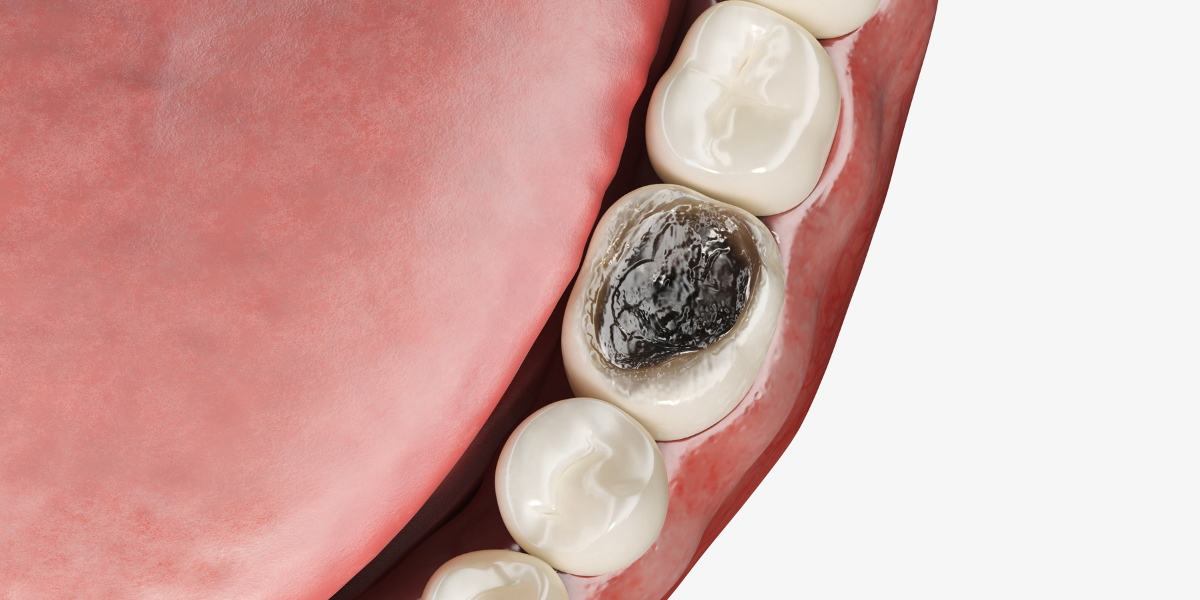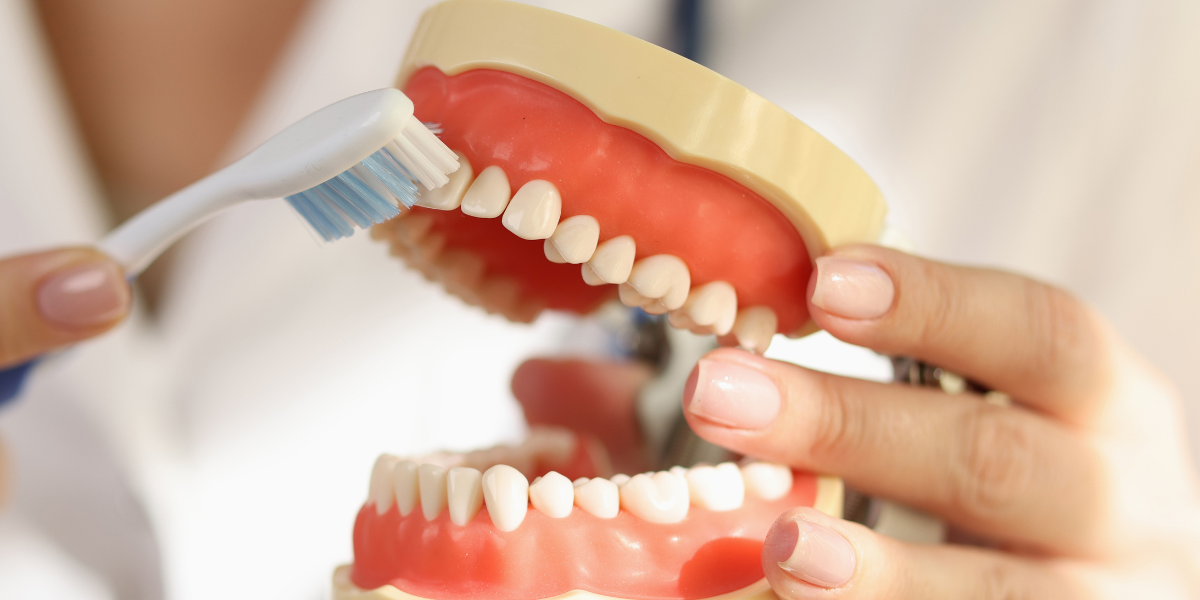
Mouthguards protect you from more than just sports injuries! This article reviews the benefits of protecting your teeth with a mouthguard.
If you played sports in high school, there’s a good chance you wore a mouthguard to prevent concussions. What you probably didn’t know, is just how much these mouthguards protected your teeth and absorbed impact to your jaw (TMJ). As it turns out, mouthguards don’t stop in high school! Mouthguards go on to protect the teeth and jaws of many adults. Let’s look at the different types.
How do mouthguards work?
Mouthguards are not all constructed the same, but they serve the same purpose, to protect the teeth and absorb the impact of clenching and grinding from the jaws. Bruxism, or clenching and grinding, has a significant impact on the teeth and jaws and is a multifactorial habit stemming from factors like anxiety, stress, and teeth that are not properly aligned [1]. Mouthguards work by forming a barrier between the upper and lower teeth, preventing them from grinding against one another. They also absorb and redistribute shock that would be transmitted through the base of the skull to the brain, preventing concussions during sports or any kind of traumatic impact [2]. Clenching/grinding and over-exertion of the TMJ occur outside of sports and sleeping too. Many people clench and grind their teeth when stressed, paying bills, working on a computer, and when working out and lifting weights. Depending on the time and frequency of these habits, some mouthguards may be better suited than others.
Are there different types? Is custom better?
If you buy a mouthguard at a sporting goods store, it’s likely to cost about $15-$30. If you get one at your dentist’s office it will cost about $500.00 and up. Why the difference? A couple of reasons. One is that a night guard made in your dentist’s office will be custom fit to your teeth. It will require a few trips as they will have to take impressions of your teeth and send them off to a lab. Once the mouth guard is in, the dentist will have you try it on and will adjust it if needed to ensure it fits comfortably. The goal is for it to fit snugly on the teeth and require a little force to pop it out. Mouthguards bought at the store entail a much simpler process. You buy them… and then you wear them! While it’s nice to skip the impressions and extra visits to the dentist, they are not custom-fit to your teeth and can’t be adjusted if they don’t fit properly. If mouthguards are uncomfortable, people are less likely to wear them. Another reason custom-fit guards are so expensive is the materials. Custom, lab-built mouthguards are much more durable and can withstand a lot more force, meaning they will last longer than those purchased over the counter.
Why do dentists call it a night guard?
It may seem confusing to hear the terms mouthguard and night guard used interchangeably but they are essentially the same thing, barriers to prevent teeth grinding and TMJ exertion. Dentists commonly see signs of clenching and grinding through wear facets in a patient’s teeth and the complaint of a sore jaw and headaches. While they are called night guards, patients are still encouraged to wear them whenever they’re prone to clenching and grinding their teeth like when exercising, doing paperwork, or working on a computer.
Mouthguards work wonders in alleviating TMJ pain and pressure in those who clench and grind their teeth. Whether you decide to buy one over the counter or invest in one custom-built for you, your teeth and jaw will thank you for taking the load off!
- Green J. I. (2017). The Role of Mouthguards in Preventing and Reducing Sports-related Trauma. Primary dental journal, 6(2), 27–34. https://doi.org/10.1308/205016817821281738
- Shetty, S., Pitti, V., Satish Babu, C. L., Surendra Kumar, G. P., & Deepthi, B. C. (2010). Bruxism: a literature review. Journal of Indian Prosthodontic Society, 10(3), 141–148. https://doi.org/10.1007/s13191-011-0041-5







